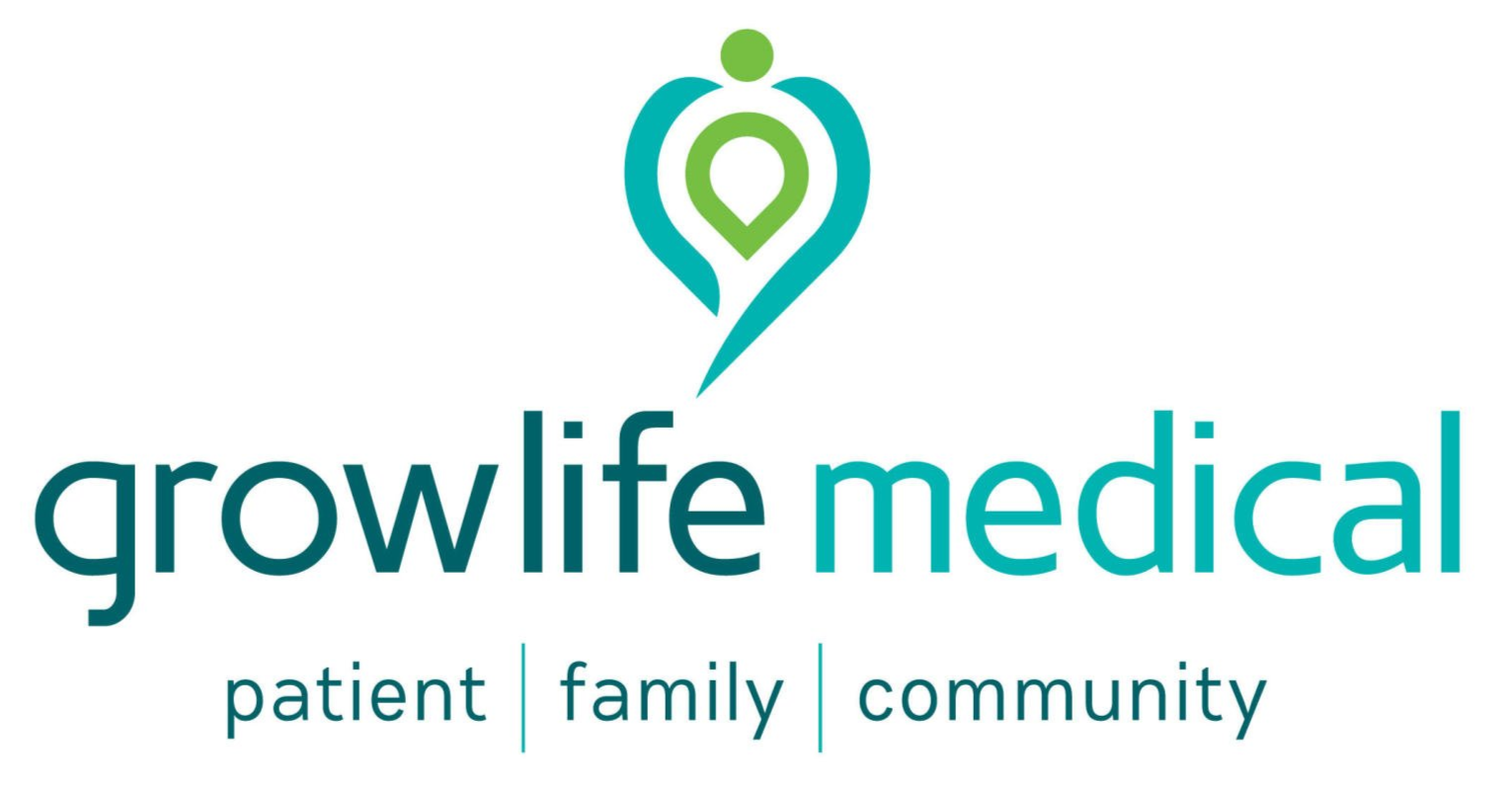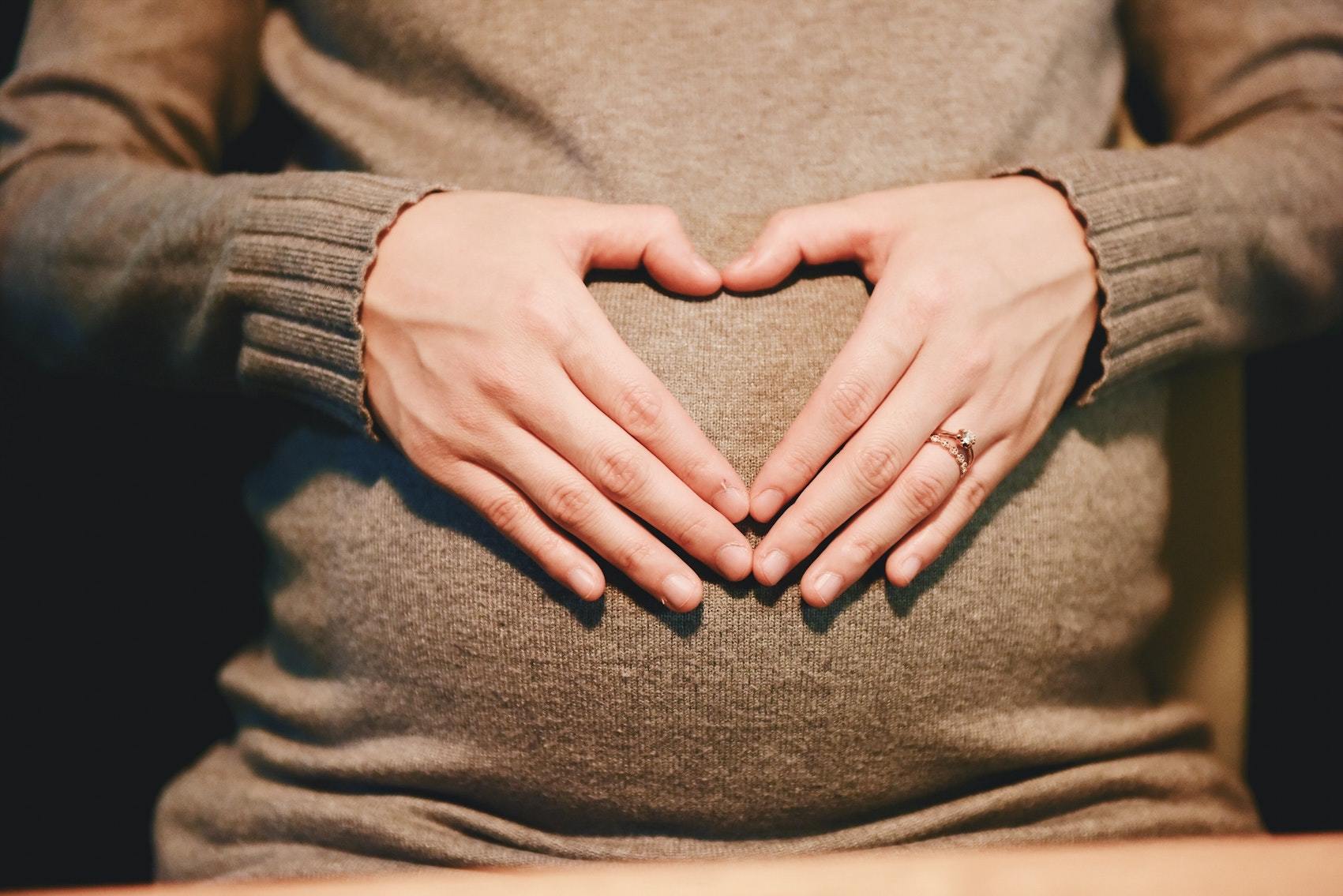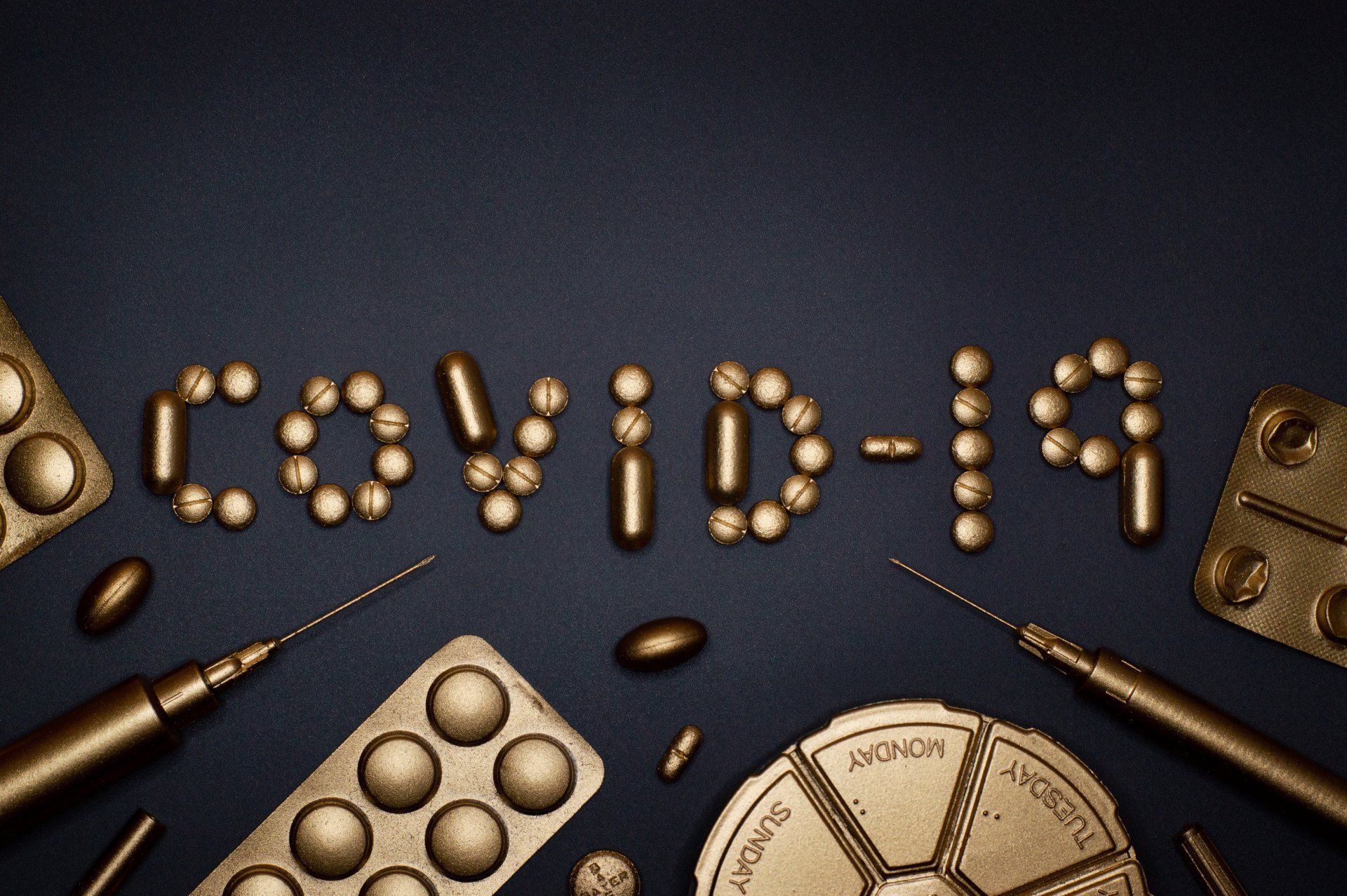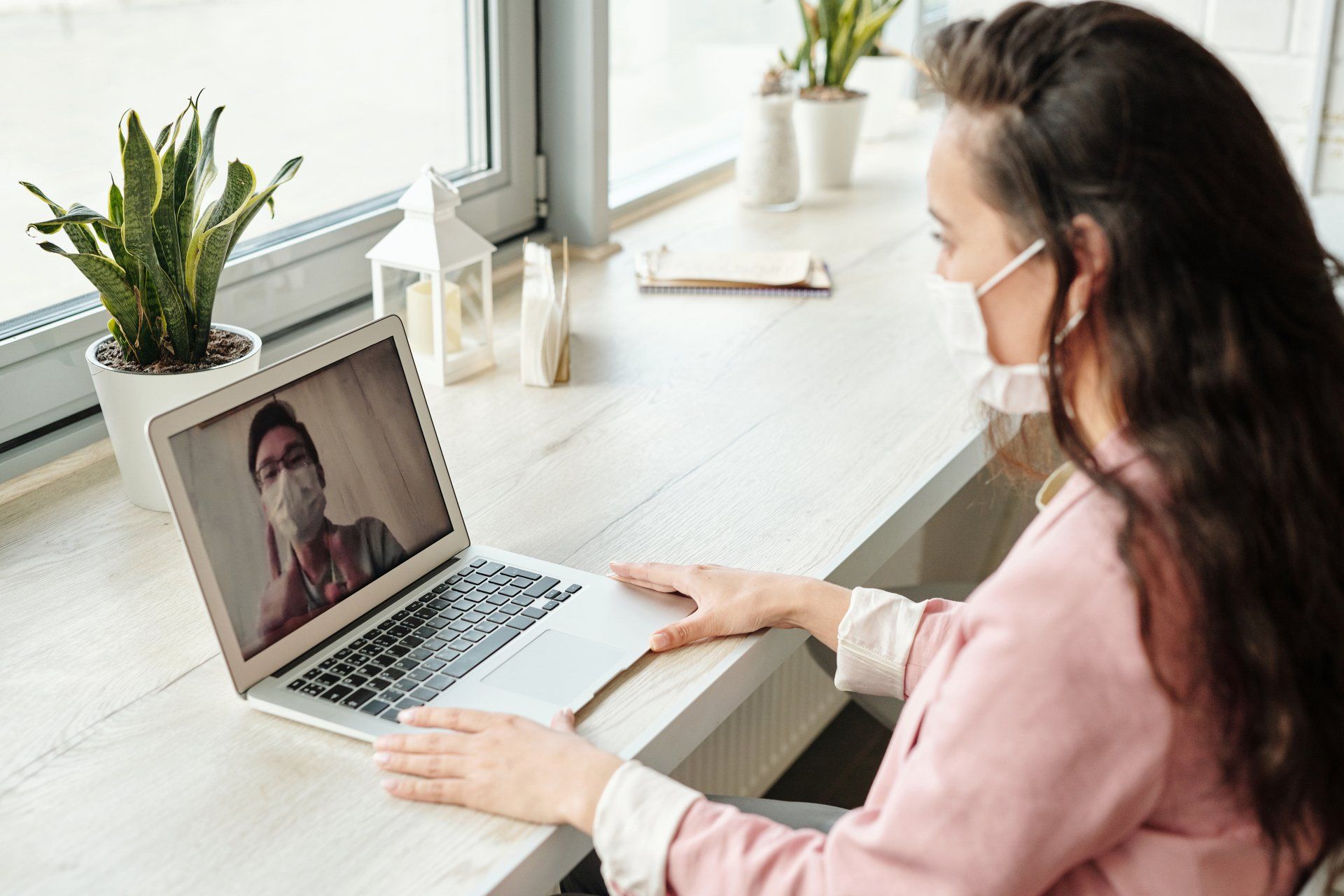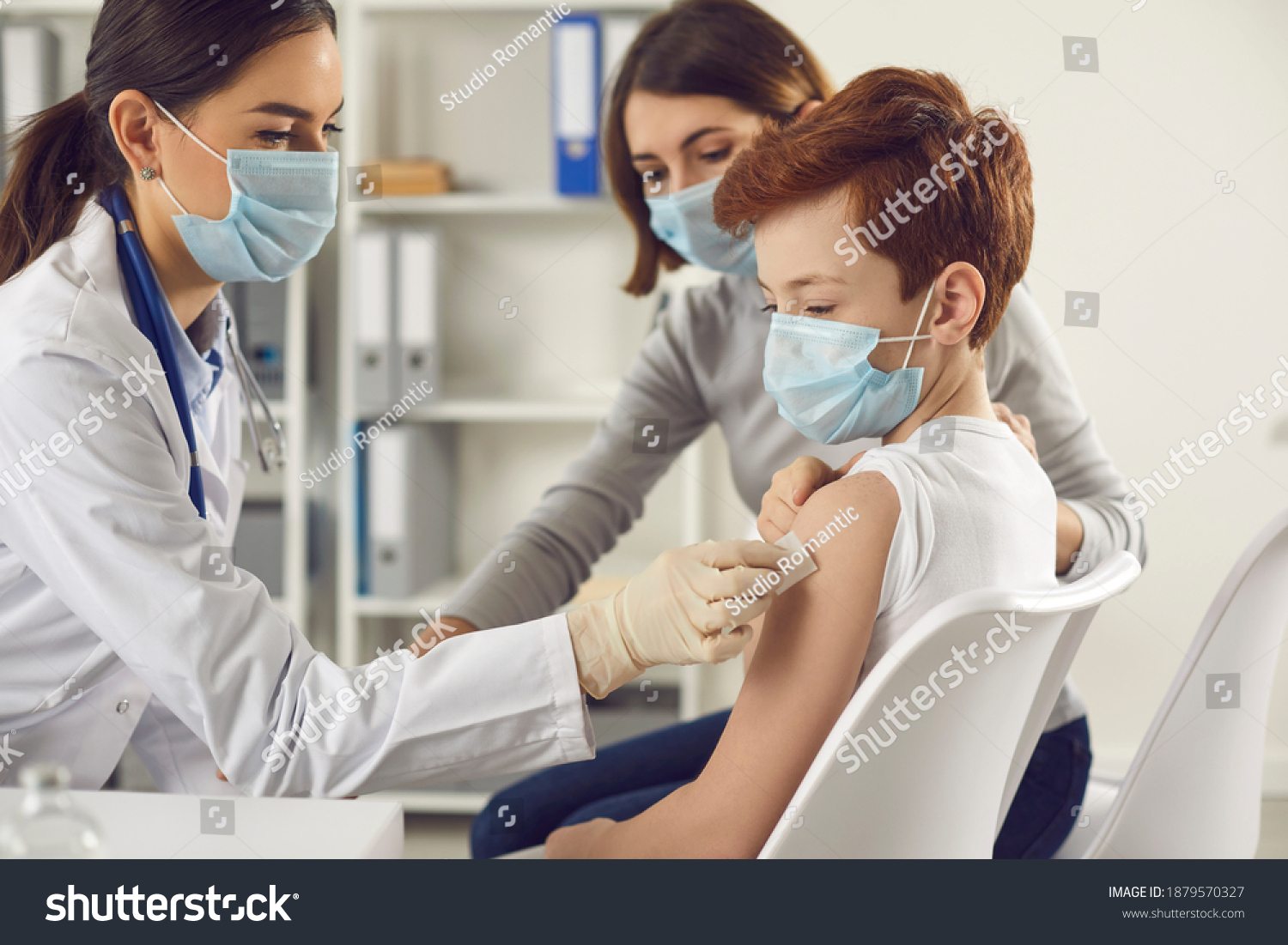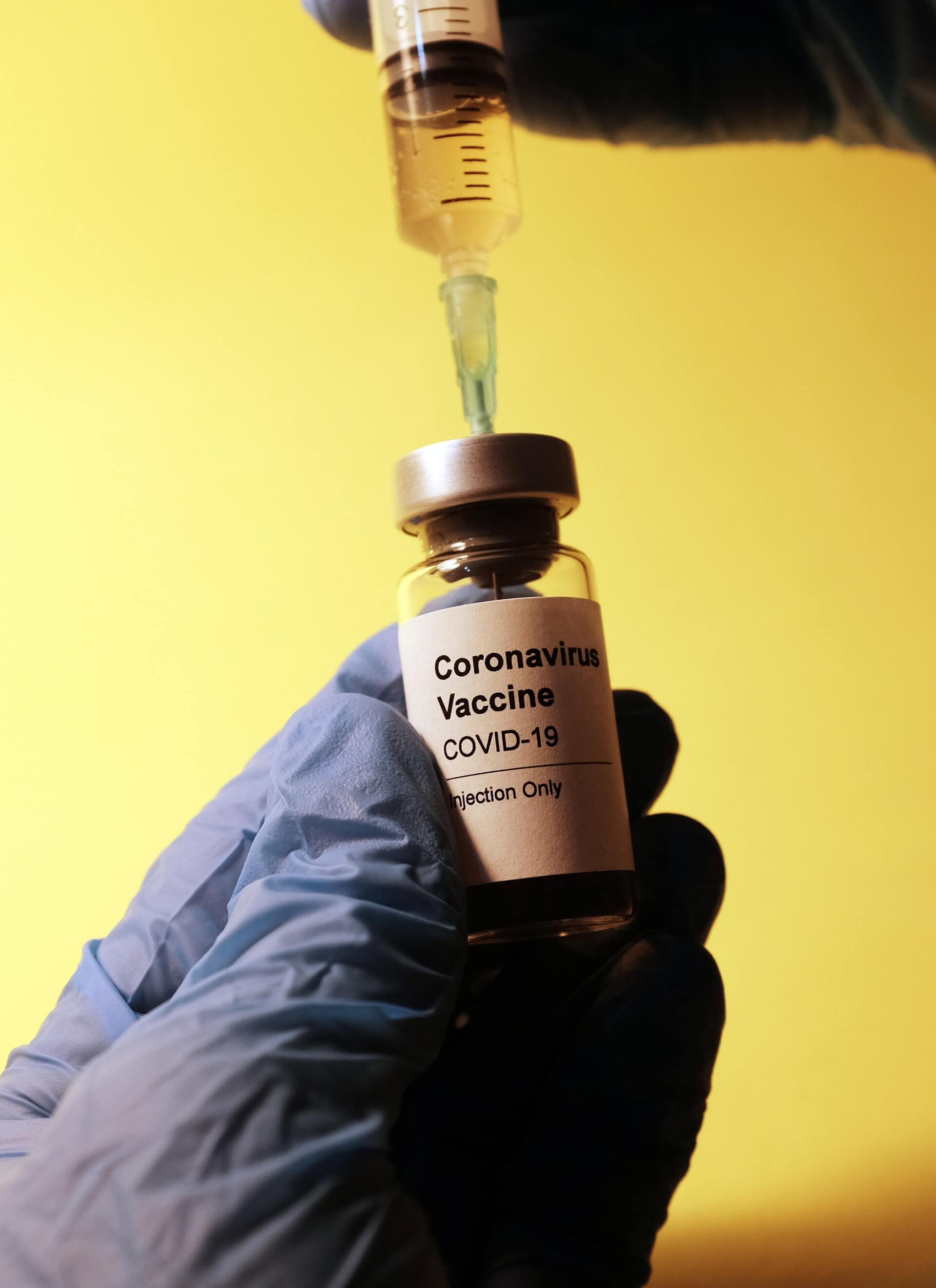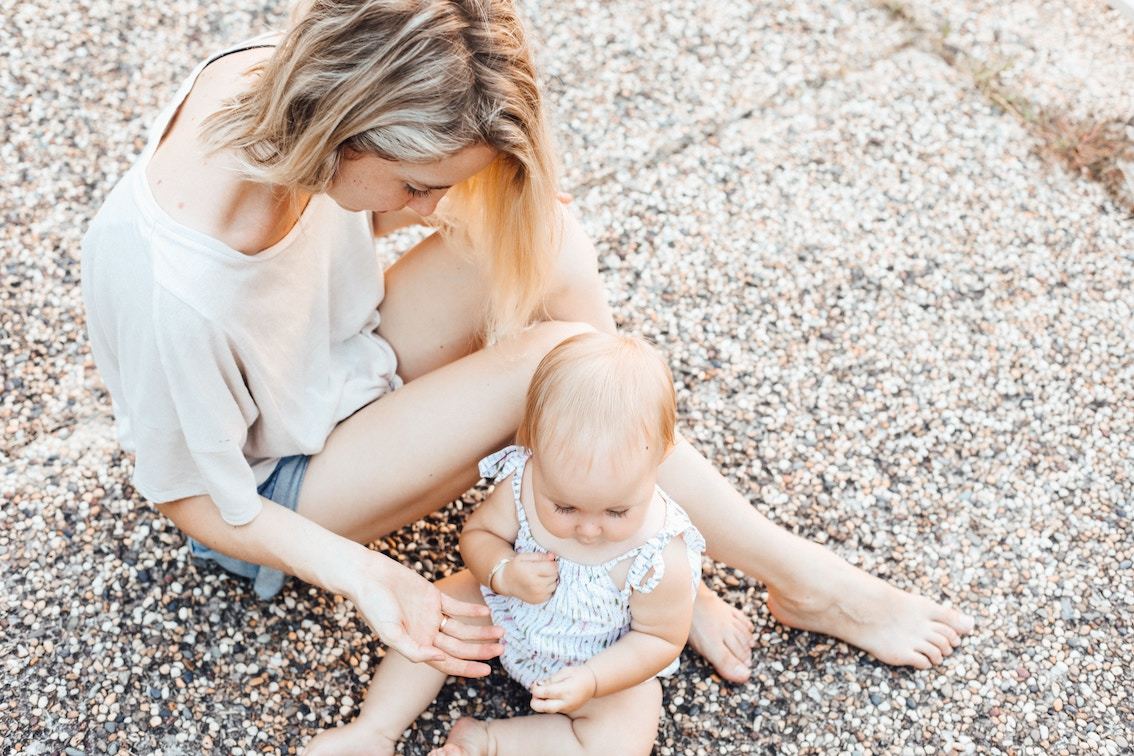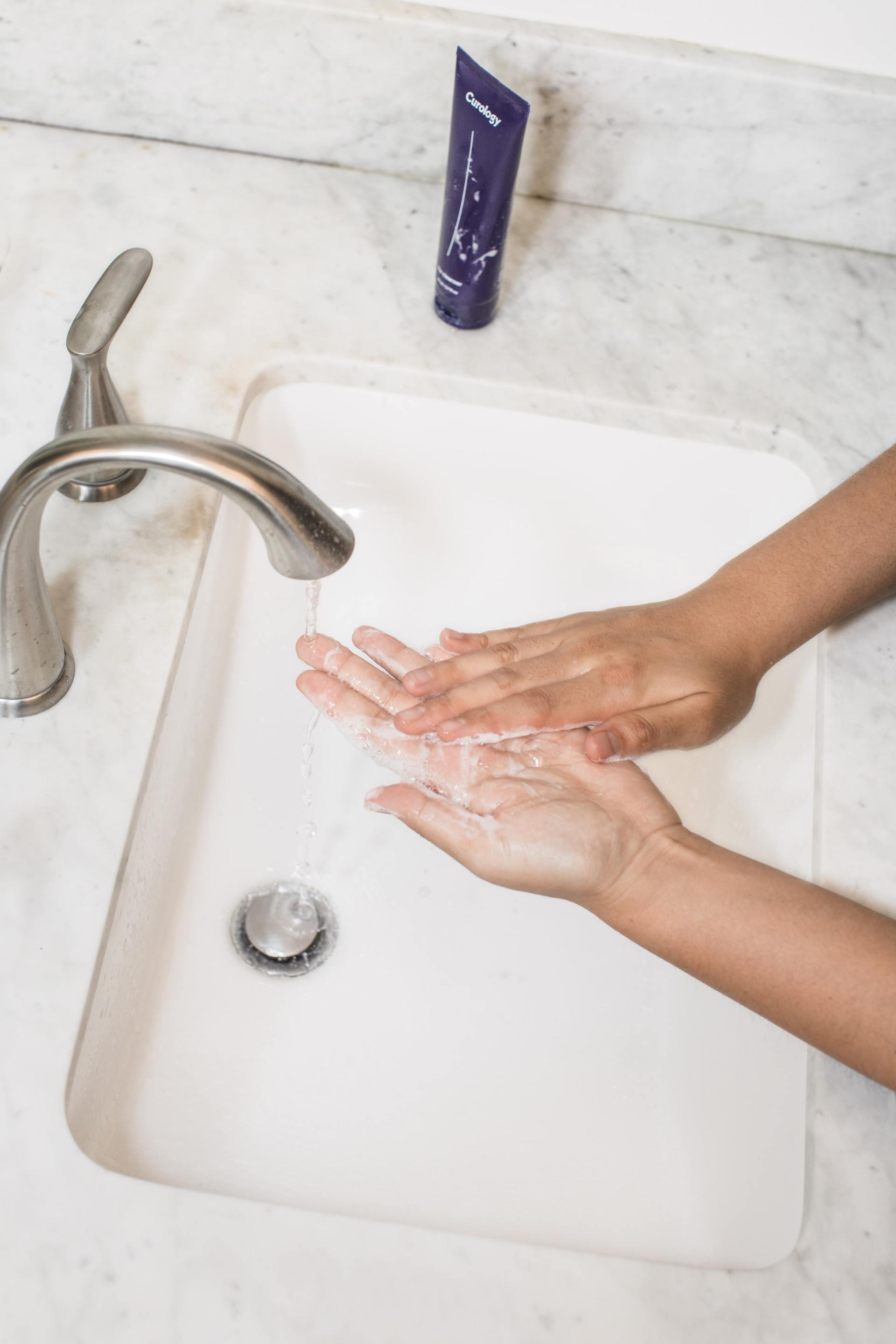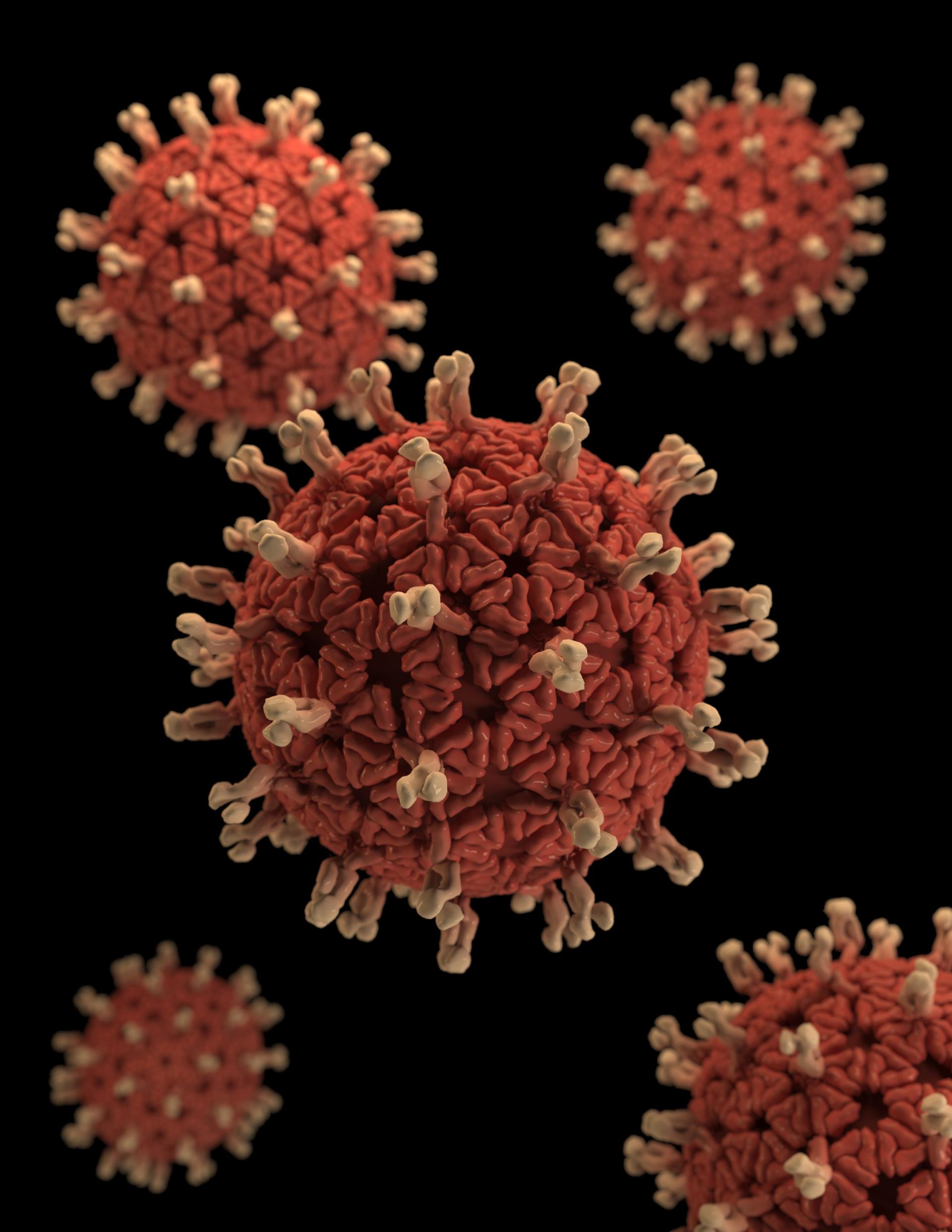Guide to Coronavirus and Pregnancy
If you are pregnant, there is a good chance that you are concerned about what the current Coronavirus (COVID-19) pandemic could mean for you and your baby. Growlife Medical
has prepared a guide to Coronavirus and Pregnancy so you can be armed with all the facts.
It is also important to make sure you obtain information from reliable sources, and not to place undue stress on yourself at this already emotionally demanding time of your life. Current evidence suggests that if you are pregnant you are not at any greater risk of becoming seriously ill if you contract Coronavirus than the general population. Further, there have only been a small number of pregnant women who have contracted the virus, but current statistics
show that pregnant women are not at greater risk of getting COVID-19.
However, of course, you still need to take the same precautions as everyone else, and as you are likely aware, any respiratory illness (including influenza) may cause complications for your pregnancy. Below, you can read about the risks that Coronavirus COVID-19 poses to your pregnancy, what you can do to limit your exposure and reduce risks, and what coronavirus can mean for the foetus.
For more information on Coronavirus specific to Brisbane, see our guide to the Coronavirus for Brisbane.
Coronavirus Pregnancy Risks
As of March 2020, according to the Royal Australian and New Zealand College of Obstetricians and Gynaecologists
(RANZCOG) the Coronavirus Pregnancy risks for pregnant women is not any higher than those in the general public. They stated, "it is expected that the large majority of pregnant women will experience only mild or moderate cold or-flu-like symptoms." They also stated that there has been no evidence to suggest an increased risk of miscarriage due to contracting Coronavirus. It is important to note that the number of recorded cases of pregnant women contracting Coronavirus has been low. Dr Wendy Burton
comments that the available data is insufficient to make too many assumptions, and therefore, it is important to take appropriate care of pregnant women during this time.
One potential consequence that has been raised is the increased likelihood of premature birth, as this has happened with some of the women who have contracted Coronavirus in China. However, it is not entirely clear that Coronavirus was the cause. That being said, RANZCOG
are emphasising the importance of the whooping cough vaccine at 20 weeks to ensure that if a baby is born prematurely, they will be well equipped with antibodies. Dr. Burton
also says she will be "immunising all women for influenza
as soon as possible."
While there are many unknowns, some things from other studies on other illnesses could apply here with COVID-19:
- High fevers during the first trimester can lead to a higher frequency of birth defects.
- Pregnancy loss has been seen with other Coronaviruses such as SARS and MERS.
- Pregnant women are more susceptible to potential complications like Pneumonia.
Coronavirus is spreading rapidly worldwide, and you can view a coronavirus COVID-19 map here.
Coronavirus Pregnancy Safety
Regardless of the likelihood of contracting the virus, taking all appropriate precautions is essential to Coronavirus pregnancy safety, and for stopping the wider spread of Coronavirus in general. Having good hygiene practices, avoiding those who have recently returned from overseas and those who are showing symptoms, and limiting your time in public spaces is very important. All pregnant women should follow these precautions as closely as possible, and also all members in their household should ensure they are doing the same.
Some things you can do include:
- Make sure you are washing your hands often with soap and water for at least 20 seconds or using alcohol-based hand sanitiser frequently. This will include before and after eating, when using the toilet, and whenever you touch anything in a public place.
- Refrain from going to public places except when entirely necessary (e.g. the supermarket or pharmacy).
- Stay more than 1.5 metres away from all people in public, and from anyone who is showing flu-like symptoms, including your family or friends.
- If you are working in close working environments, ask your employer what measures are in place to protect the safety of employees, and investigate if there are any work from home opportunities.
- Don't travel, even domestically.
The term 'social distancing' is being frequently used at the moment, and this is another important way to stop the spread and contraction of coronavirus. These measures include:
- Avoiding gatherings and large crowds, especially where it is hard to keep 1.5 metres distance from others.
- Staying away from small gatherings in enclosed spaces (this includes yoga classes, prenatal classes, etc).
- Maintaining 1.5 metre distances from others in public.
- While it can be difficult, avoid shaking hands, hugging, kissing, high fiving and all other physical contact, even with your friends.
Some women might be wondering if they should still be attending their doctor appointments?
Maintaining regular check-ups with your doctor is important to track the health of your baby, and yourself. Although, it is understandable that many have reservations about going to medical centres and hospitals at this time. It is recommended to discuss your options with your doctor who will be able to guide you towards the right decision for you at this time in your pregnancy. Some options may include less frequent visitation, or you may be able to conduct a Grow Medical Telehealth
consultation by phone or video call, especially if you are in the first 20 weeks of your pregnancy.
Coronavirus Pregnancy and Foetus
Due to a low number of cases of pregnant women with Coronavirus COVID-19, there is not a lot of information about the effects that Coronavirus Pregnancy has on the foetus, and whether Coronavirus is passed from mother to foetus. There have been two reported cases of potential vertical transmission from mother to foetus. However, in these two cases, it is not clear whether the child contracted Coronavirus soon after birth, or while still in the womb. There have been four more cases from China where four women who had COVID-19 gave birth and their babies did not show any infection. Therefore, the current data is not conclusive. Of the infants that have contracted the virus, none have so far shown any signs of impacts on development, or other severe health consequences.
The World Health Association
states that the effects the virus is having on foetuses is still unclear because most of those who have had the infection in their second and third trimesters have still not given birth. The American National Perinatal Association
has stated that there has been no detection of the virus in neither samples of breastmilk, nor amniotic fluid.
Related articles:
Coronavirus Testing Brisbane
While Coronavirus should be taken seriously, and all precautions should be taken at all times, there is no reason to think that pregnant women are at greater risk of infection given the current available data. That being said, the virus will still certainly mean a lot of unexpected changes for pregnant women – baby showers will not be happening, antenatal appointments might be happening through a screen, and friends and family might not be able to visit as frequently – but that doesn't mean that women won't still be able to have healthy children during this pandemic.
Regardless of COVID-19, pregnancy and the postpartum period after birth has always been a time of increased emotion and anxiety for women. That is why it is important to maintain a good emotional support network, whether that be other soon-to-be mums, or friends and family. Just because women are practising social distancing, doesn't mean that they are alone. There are many resources for pregnant women at this time, including online information and groups and webinars, so pregnant women should ask their doctors if in need of extra support.
Coronavirus testing is now widely available. Private pathology labs can test should it be required. Please note Mater Pathology Sherwood collection centre does not do Coronavirus testing for the general public.
Pathology labs that can test for Coronavirus are:
Coronavirus Doctor Advice
If you need to update prescriptions or have a chronic condition, please book with us
soon. If you think you could have Coronavirus please advise us prior to arriving in the clinic so we can help you avoid the need to come to the clinic, or use appropriate precautions if necessary. Some people have been worried that their care will be refused if they tell us prior. Don't worry. You will still receive the care you need.
Dianne Walsh
offers a holistic and empowering approach to pregnancy support. Dianne can provide education, support and assistance in the comfort of your own home, or a consultation at one of our clinics.
GP Lactation Consultant Dr Sonja Morgan
is available at our Highgate Hill medical centre. Her expertise includes contraception, antenatal and postnatal care of mothers, as well as care for newborns.
We are also Brisbane's leader in
Telehealth Consults,
Growlife Medical
now provides easy and secure
Telehealth Consults with your doctor. You can easily
book online or over the
phone, for a video or phone consult with your GP. All
Growlife Medical Doctors
in all or our general practice locations are available for
Telehealth consults.
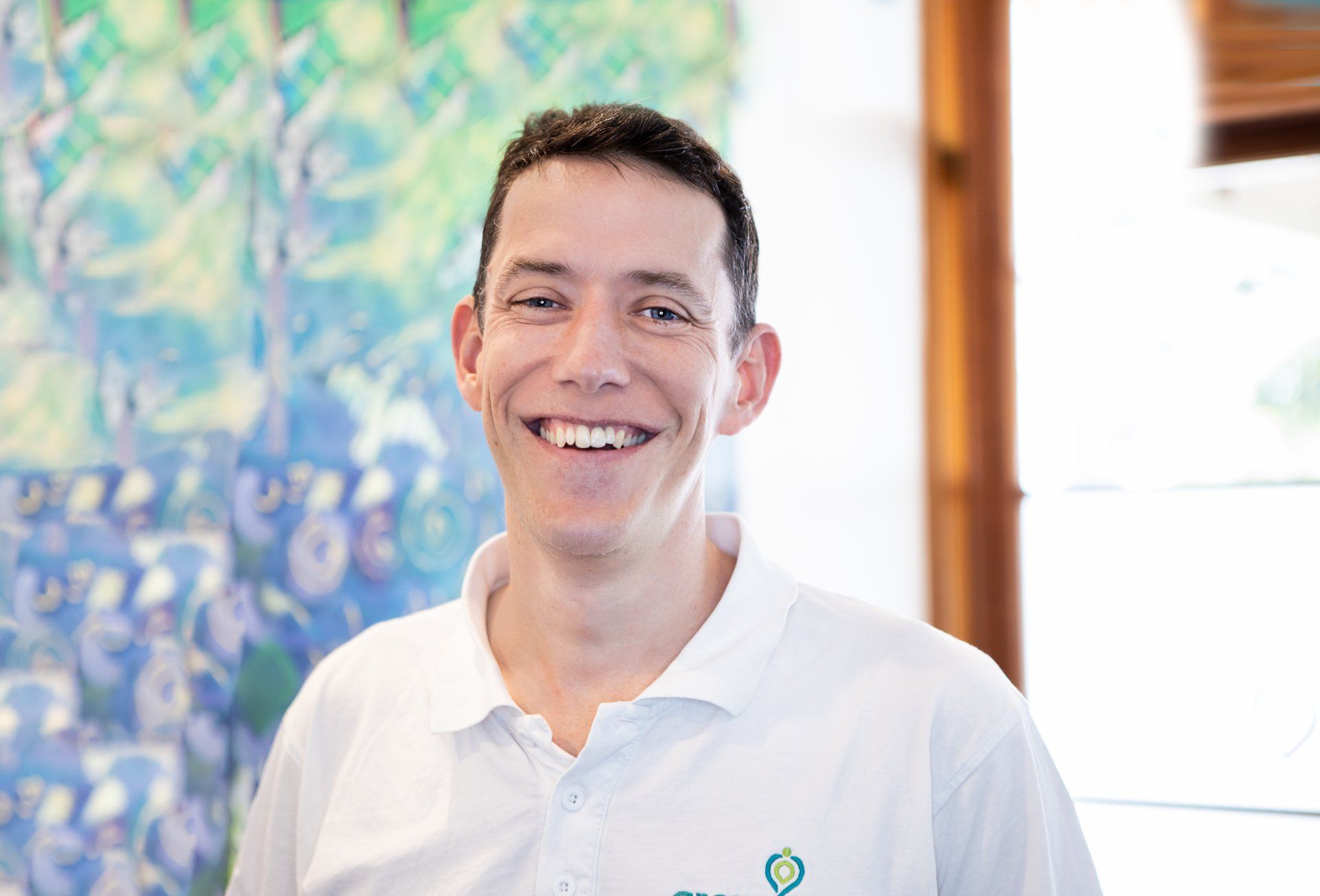
Dr Aaron Chambers
General Practitioner
BSc, MBBS(Hons), FRACGP, Dip Child Health
BSc, MBBS(Hons), FRACGP, Dip Child Health
The author Dr Aaron Chambers
has worked in General Practice since 2006. He is passionate and an authority on family practice, paediatrics and obstetric care. After completing his medical degree with honours at the University of Queensland, Dr Chambers served as an RAAF Doctor, conducting humanitarian missions and evacuating wounded servicemen from the Middle East. He continues to consult at Oxley, Sherwood
and Highgate Hill Grow Medical Clinics.
Other Articles On Coronavirus
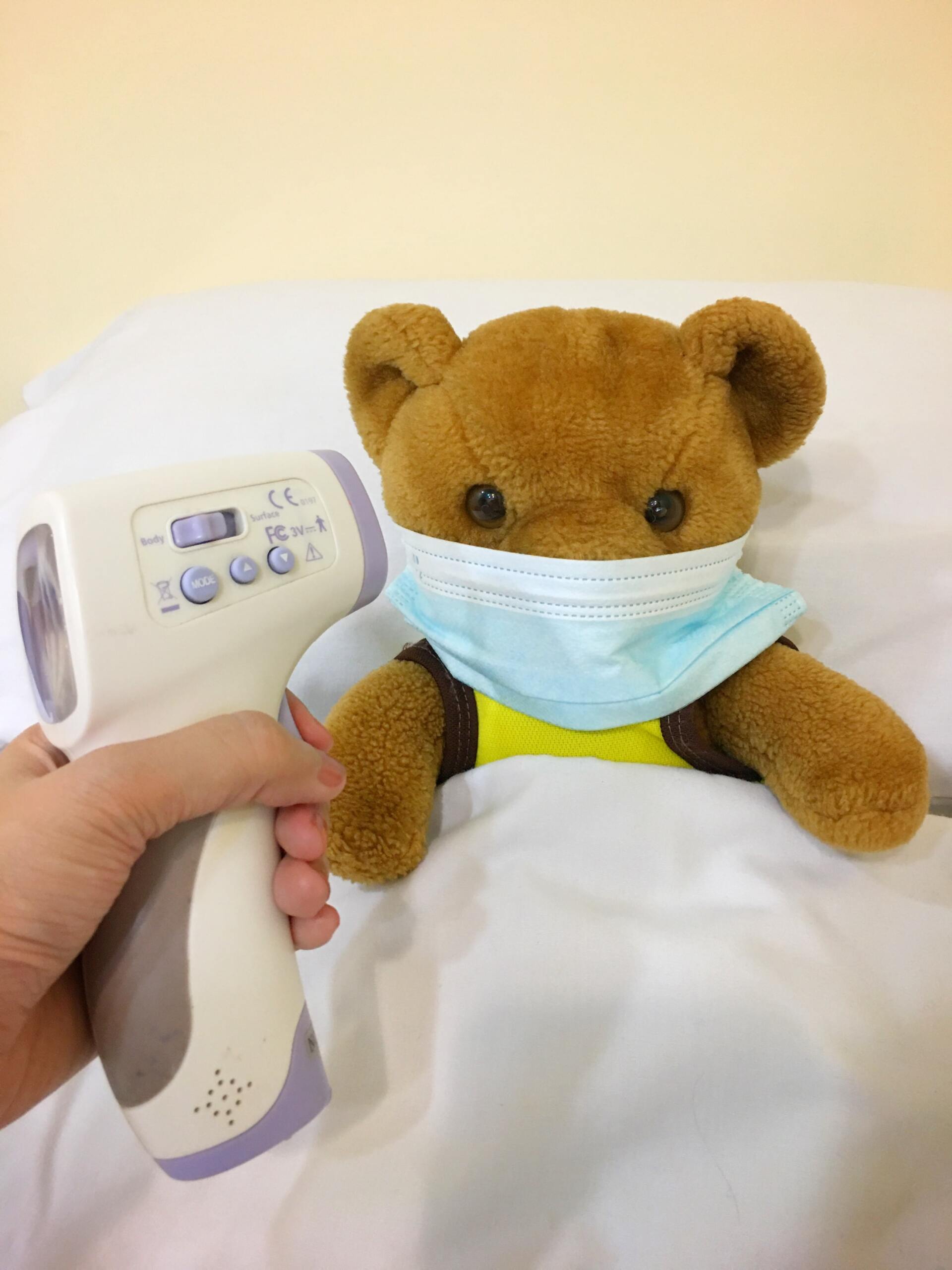
Right now, we are seeing a strange trend. Emergency Departments are overwhelmed with unprecedented high demand. But mostly for minor illnesses. At the same time, GPs are wondering where all the sick kids have gone? Our Emergency colleagues are really happy to help you where your child has an urgent problem or is seriously unwell. But they are struggling to keep up due to the numbers of people presenting with coughs and colds. Dr Emma Scriven discusses her experience as a parent, and how you can have more convenient, safe care, in a setting where you're not surrounded by dozens of people with infectious illnesses. Things have changed a bit during COVID, but at Growlife Medical , we are still here for you.
Keep Up With The Latest Coronavirus in Brisbane News
Like us on Facebook to keep up to date on the Coronavirus in Brisbane.
